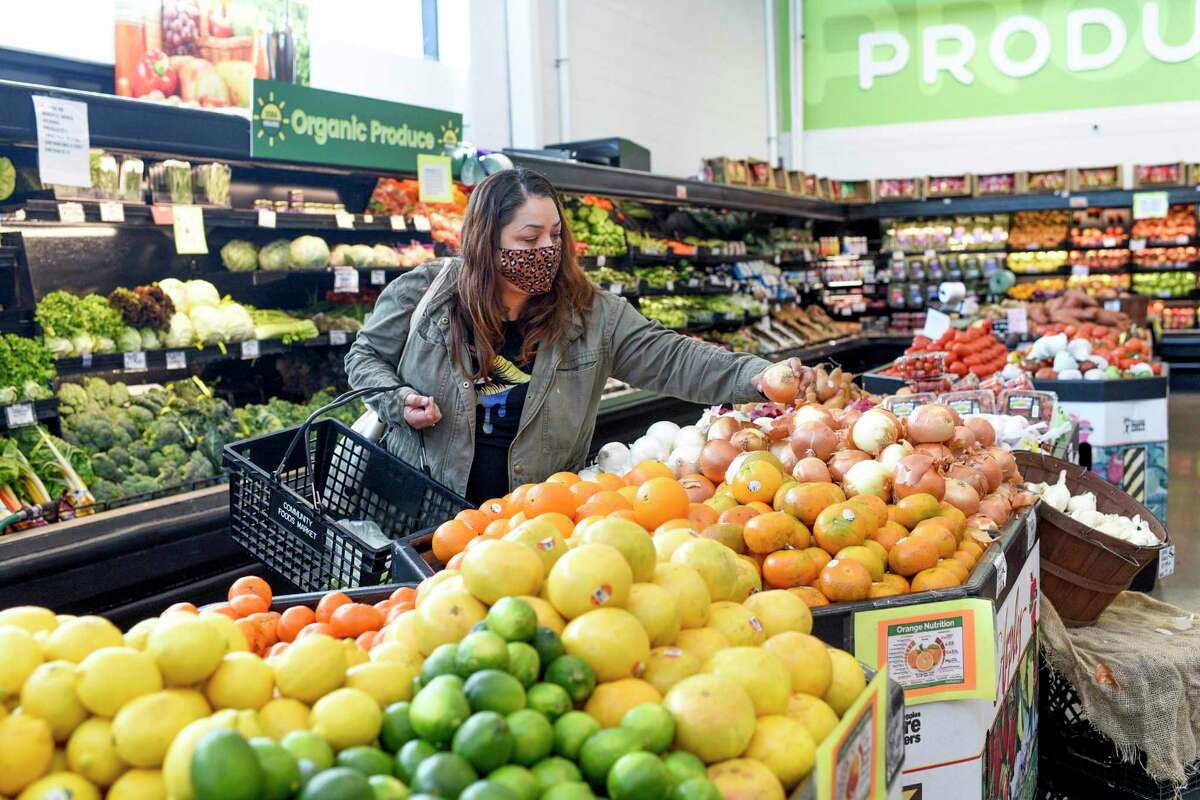
If you’re interested in getting more organic foods into your diet but don’t want to spend a fortune, you can find affordable organic grocery stores that sell high-quality products.
The price delta between organic and nonorganic food is smaller than ever before. Most of the difference is due to the price of meat.
Aldi
If you’re looking for an affordable organic grocery store, Aldi might be worth a look. The German supermarket chain is a popular go-to for budget shoppers, and it’s expanding its selection of natural and organic products.
One reason why prices are so low at Aldi is that the grocery store avoids using name brands as much as possible. Instead, a whopping 90% of the items at Aldi are private label.
This allows the company to sell cheaper versions of the same product. This is especially true for organic food.
Trader Joe’s
Trader Joe’s is well known for offering a wide variety of organic groceries with affordable prices. Their stores are described as equal parts discount warehouse club, natural foods store, specialty grocer and neighborhood grocery.
Their unique shopping experience is also a reason why they have such a loyal customer base. Customers love the unique and quirky products Trader Joe’s offers.
These products include coffee, tea, cheeses, canned goods, wine and beer, baked goods and snack items, vitamins, pet food, and much more.
Trader Joe’s offers products at reasonable prices because they are able to buy in bulk and sell them at a low price. They do this by skipping out the middleman and buying direct from the manufacturer.
Whole Foods
Whole Foods is a great place to shop for affordable organic groceries. It offers a variety of organic products and even has its own store brand, 365 Everyday Value, that’s priced on par with many of the more well-known brands.
One of the best ways to save money at Whole Foods is to buy in bulk. They carry a huge selection of frozen foods and often sell pre-sliced produce. They also offer weekly deals on their deal book that can help you save money.
Costco
One of the largest organic food distributors in the United States, Costco is known for its bulk stock and low prices. But it’s also a big player in the certified organic game, reporting $4 billion in sales of its own branded products last year—more than Whole Foods, according to The Organic Report.
Dollars are a powerful motivator for brands and retailers, so if they notice people are allocating more cash to their organic products, they’ll jump on the bandwagon to keep up with demand. And this is especially true with organic produce, which has shifted from being a trend to a must-buy for health-conscious shoppers.
Thrive Market
Thrive Market is an online grocery store that sells top quality organic products for a fraction of the cost. They offer up to 30% off retail prices for members.
They have a huge variety of products and cater to people with diets like gluten-free, keto, and Paleo. This gives them a lot of product diversity which is an essential feature of whole foods stores.
In addition, Thrive Market offers free shipping and first time purchase discounts on many products. This helps you save even more money than you think!
Thrive Market also has an auto-ship option which will automatically ship you your groceries each month. This makes restocking your pantry that much easier and less stressful.
Frequently Asked Questions
How do I know if my produce is organic?
If you want to make sure that you are buying organic produce, look for these three labels:
USDA Organic Certified- This product has been certified organic by the USDA.
Certified Naturally Grown is produce that has met strict organic requirements but not yet been certified by the USDA.
Pastured/Free Range – Produced from animals that live outdoors and graze on grasses or herbs.
These labels signify that the product meets a specific set of criteria.
- No pesticides or synthetic fertilizers
- No genetically modified organisms
- No antibiotics are ever given to the animal
- Animals are never given hormones.
- No growth-promoting drug
- No feed additives
- No artificial ingredients
- No irradiation
- There's no sewage waste sludge
- GMOs not allowed
- There have never been any antibiotics given.
- No hormones ever given
- There are no growth-promoting drugs
- No feed-additives
- No artificial ingredients
- No sewage sludge, if it's not a GMO
- No irradiation
I hope this article was helpful!
How do you determine if food has been grown organically?
Fresh ingredients are what chefs value the most. That's because when we eat well, we feel better.
This is true for food as well. When we buy organics, we know exactly where it came from and how it was grown. We also know it was not treated using harmful chemicals.
Organic foods are made without the use of synthetic pesticides and fertilizers, hormones, steroids, antibiotics, or genetically altered organisms (GMO). These substances are not allowed for organic farmers.
Organic farming doesn't have to be difficult. There are many safe ways to grow them.
Many people refer to organic agriculture as sustainable agriculture. This is because organic farming uses less resources than conventional methods but provides enough nutrients for life to last.
Organic farming techniques include crop rotation and cover cropping. These techniques can prevent soil erosion, improve water quality, and help reduce the risk of it happening again.
They reduce chemical runoff from waterways. Because most people live in urban areas, it is easy to find farms that grow organic produce.
There are two types of certification programs for organic products. One is certified through the USDA National Organic Program and the other by independent certifying agents. Both require strict conformity to organic standards.
USDA seals and O Seals are symbols that indicate organic certification.
What are organic beauty items?
Organic Beauty Products are natural products without synthetic chemicals such as petroleum, parabens, phenoxyethanol, phthalates, and artificial preservatives. These ingredients can be found in many conventional beauty products such as cosmetics, shampoos and perfumes.
Organic beauty products are not tested on animals and contain no genetically modified organisms.
The USDA defines organic production as "a system of production which fosters the cycle of resources" and it has been used since decades to refer to foods grown without pesticides.
The harmful effects of chemical compounds on our bodies have led to an increase in the demand for ecofriendly beauty products.
These include skin irritations, cancer, hormonal imbalance, premature aging, and allergies.
Organic beauty products are created by companies that care about the environment and create safe, healthy products for customers.
What is inorganic?
Organic food is grown without pesticides and artificial fertilizers. These chemicals could cause health problems for those who eat inorganic food.
Organic food is grown naturally without harmful substances such as chemical fertilizers, pesticides, herbicides, or fungicides. These chemicals may cause damage to animals as well as humans.
Inorganic foods are meats, fishes, eggs, buttermilk, cheese, yogurt and honey as well as vegetables, fruits and spices.
Organic refers the way an agricultural product grows. Organic farming, for example, uses natural methods and soil amendments in order to grow crops. Conventional farming, however, uses pesticides and synthetic fertilizers.
U.S. Department of Agriculture guidelines must be followed when organic food is labeled. The National Organic Program Standards state that organic food must be freed from banned substances like antibiotics, growthhormones, genetically altered organisms (GMOs) and industrial solvents. Organic food must be grown without the use of toxic chemicals or petroleum-based fertilizers.
Are organic foods better?
The Environmental Working Group's most recent report on pesticide residues found in food shows that organic fruits and veggies had almost half the pesticide content of non-organic. The Environmental Working Group found that organic apples contained eight-times less pesticides than other non-organic fruits, and organic strawberries had fourfold more than their conventional counterparts.
Some studies also suggest that eating organic food helps reduce your exposure to toxic metals, such as mercury and lead. A study concluded that children who ate organic meat had 33% lower levels of blood lead than those who didn’t. Another study concluded that pregnant mothers should avoid eating conventional fish because of the high levels mercury.
Organic food appears to be more safe than non-organic. However, to reduce your risk of cancer and other diseases, experts recommend choosing fresh fruit and vegetables whenever possible.
What are the top organic vegetables?
Organic vegetables are the highest quality and healthiest food source. They are considered to be the healthiest foods on earth.
Organic produce is produced without pesticides or herbicides. These chemicals pose severe dangers to our health as well as the environment.
Organic produce also contains more nutrients, vitamins, minerals, antioxidants, phytonutrients, enzymes, fibre, and essential fatty acids. Because we absorb these nutrients better from organic foods, this makes them healthier.
Organic vegetables taste great and are safe to eat. Organic produce is free from known side effects.
Any grocery store can sell organic fruits and vegetables. You can find organic fruits and vegetables at all grocery stores as long as they conform to USDA guidelines.
Statistics
- When packaged products indicate they are “made with organic [specific ingredient or food group],” they contain at least 70% organically produced ingredients. (usda.gov)
- Cosmetic brands such as Laurel and Rose Mira are 100 percent organic and have a wide array of skincare products. (en.wikipedia.org)
- Nutrients like omega-3 fatty acids were up to 50 percent higher in organic meats and milk than in conventionally raised products.[3] (en.wikipedia.org)
- According to a study performed by consumerreports.org, organic products, compared to non-organic products, ranged anywhere from 13 percent cheaper to 303 percent more expensive. (en.wikipedia.org)
External Links
ota.com
ams.usda.gov
usda.gov
ewg.org
- EWG's 2022 Shopper’s Guide to pesticides in produce
- Clean Fifteen(tm) Conventional Produce with the Least Pesticides
How To
Organic Foods: What You Need to Know
Organic foods are those that come from plants or animals, and do not contain any chemical pesticides, fertilizers, or additives. They can't be genetically modified or exposed to ionizing radiation. It must not contain any artificial colours, flavour enhancers, flavor enhancers, and preservatives. It must not contain genetically altered organisms (GMOs).
In 1845, Justus von Liebig, a chemist, first coined the term "organic", meaning "life-giving", to describe the properties and characteristics of manure. Today, organic is synonymous with food production. Organic means the product has only natural substances like proteins, carbohydrates, and fats that are found in nature.
The consumption of organic foods has risen dramatically in the past decades. Recent statistics indicate that approximately half of the world’s population eats at least one organic food per day. This percentage is increasing and will reach 70%, 80% and 90% by 2020.
There are many factors that consumers choose organic produce. Organic products are preferred by many people for their taste and health. Some also prefer organic produce because of the higher quality. Others believe that organic farming is more sustainable. But, non-organic products can be a good choice because there are ethical concerns over the treatment and welfare of farm workers.
Organic foods are usually more expensive than conventional ones, although prices vary depending on countries and regions. There are many factors that affect the cost of organic food. The availability of suitable land for organic agriculture is one factor. Another factor is the cost of inputs, labour and materials required for organic agriculture. Other factors include transportation costs, marketing costs, and taxes. In Europe, for example, organic food prices are 10% more than regular food.
Below are the main differences between conventional and organic foods.
- Organic produce does not contain any chemicals, hormones or antibiotics.
- Organic livestock is fed grasses & grains, not corn and soybean meal.
- Organic milk comes from cows fed only grasses and hay.
- All raw materials used in organic manufacturing processes are certified organic.
- No pesticides or other harmful chemicals are allowed during organic fruits and vegetables' growth and processing stages.
- Organic meat, poultry, and seafood do not undergo radiation.
- Before using raw nuts or seeds, they must be soaked.
- Only healthy oils are used in organic cooking.
- Organic eggs are laid outdoors by hens.
- Honey is extracted using traditional methods by bees.
- Organic chocolate uses sugar and beans that have been grown and processed organically.
- Organic wines don't contain chemical additives.
- Organic tea leaves are made from hand-picked plants.
- Organic cotton can be grown without pesticides or herbicides.
- Organic flours, cereals, and breads are free of artificial colours and preservatives.
- All natural shampoos and soaps are free from harsh chemicals.
- All-natural cosmetics are safe and gentle for your skin.
- All natural cleaning products are biodegradable, eco-friendly, and non-toxic.
- All natural bodycare products are dermatologically tested for hypoallergenicity.
- All-natural personal care products are non-fragranced and safe for babies.
- The all-natural baby formula does not contain animal rennet or bovine serum.
Resources:
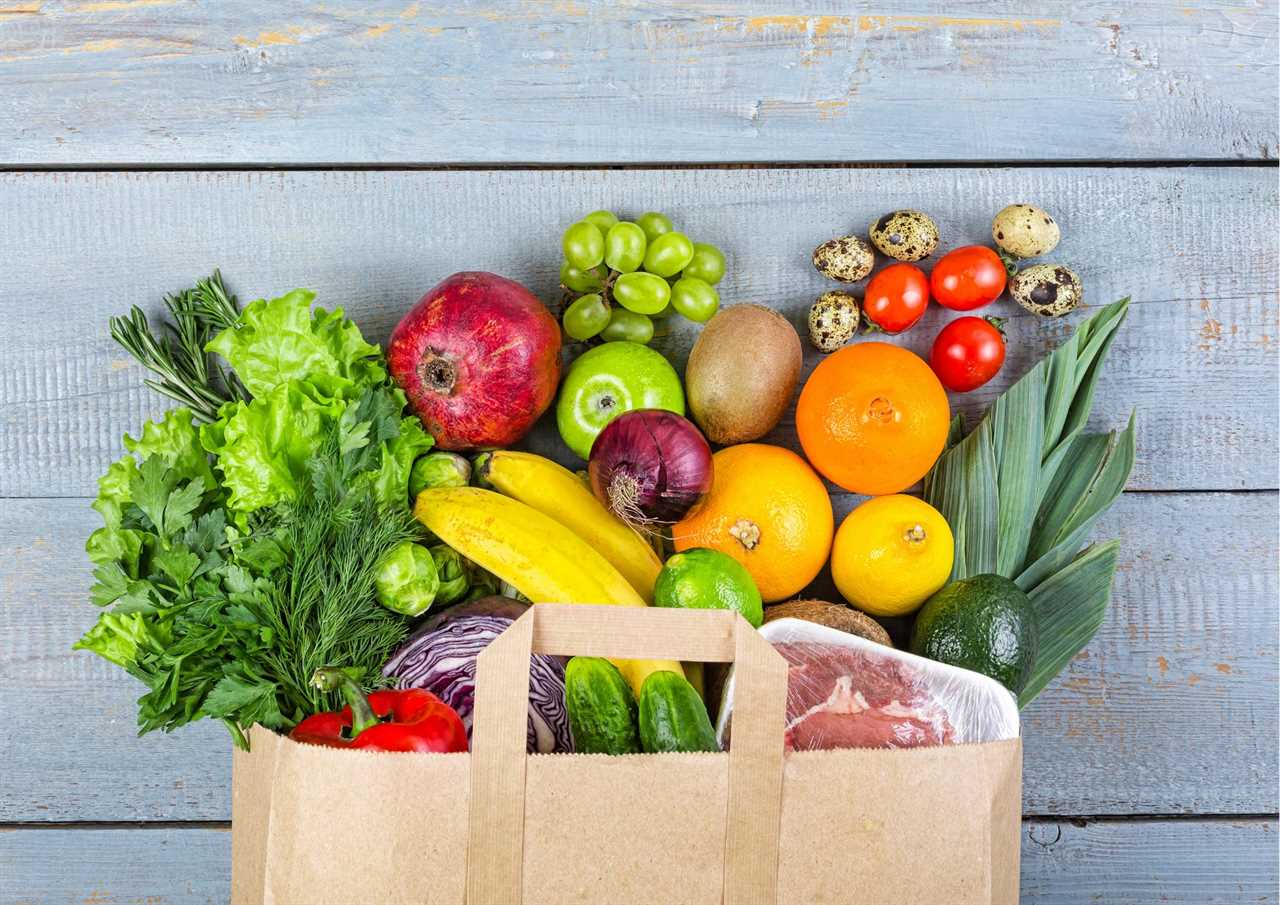 |
Health benefits of eating organic?A review in The Annals of Internal Medicine failed to find strong evidence that organic foods are significantly more nutritious than conventional foods. Lisa |
 |
The Benefits of Crop RotationCrop rotation is a way to grow multiple types of crops in the same space. This is done in an effort to diversify the ecosystem, reduce pest and weed.. |
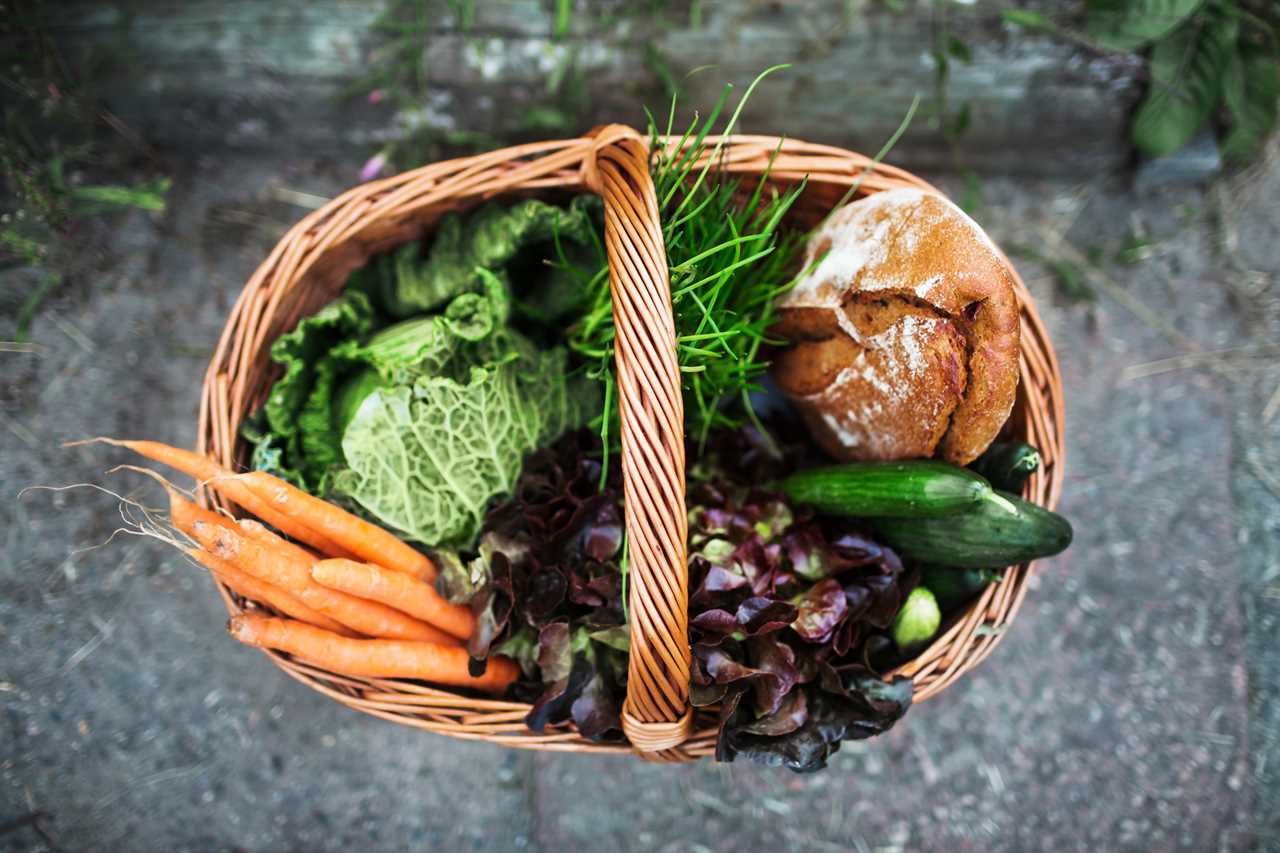 |
Do I Need To Eat 100 % Organic Food? – Dr. BergFor more info on health-related topics, go here: https://bit.ly/2YI8NLc Take Dr. Berg's Free Keto Mini-Course: http://pxlme.me/-i717vtY […] |
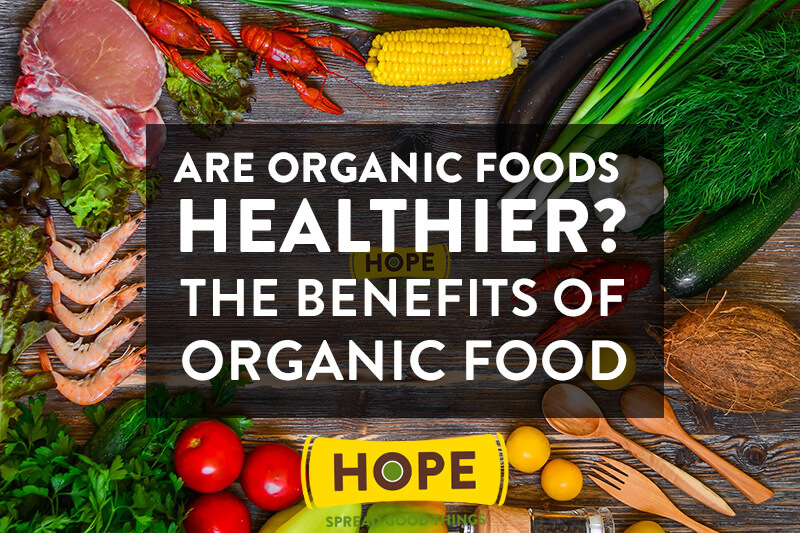 |
The Importance of Soil Conservation in Meeting the Sustainable Development GoalsSoil conservation is important for maintaining the soil's health and resilience. The microbial and faunal communities in the soil are impacted by.. |
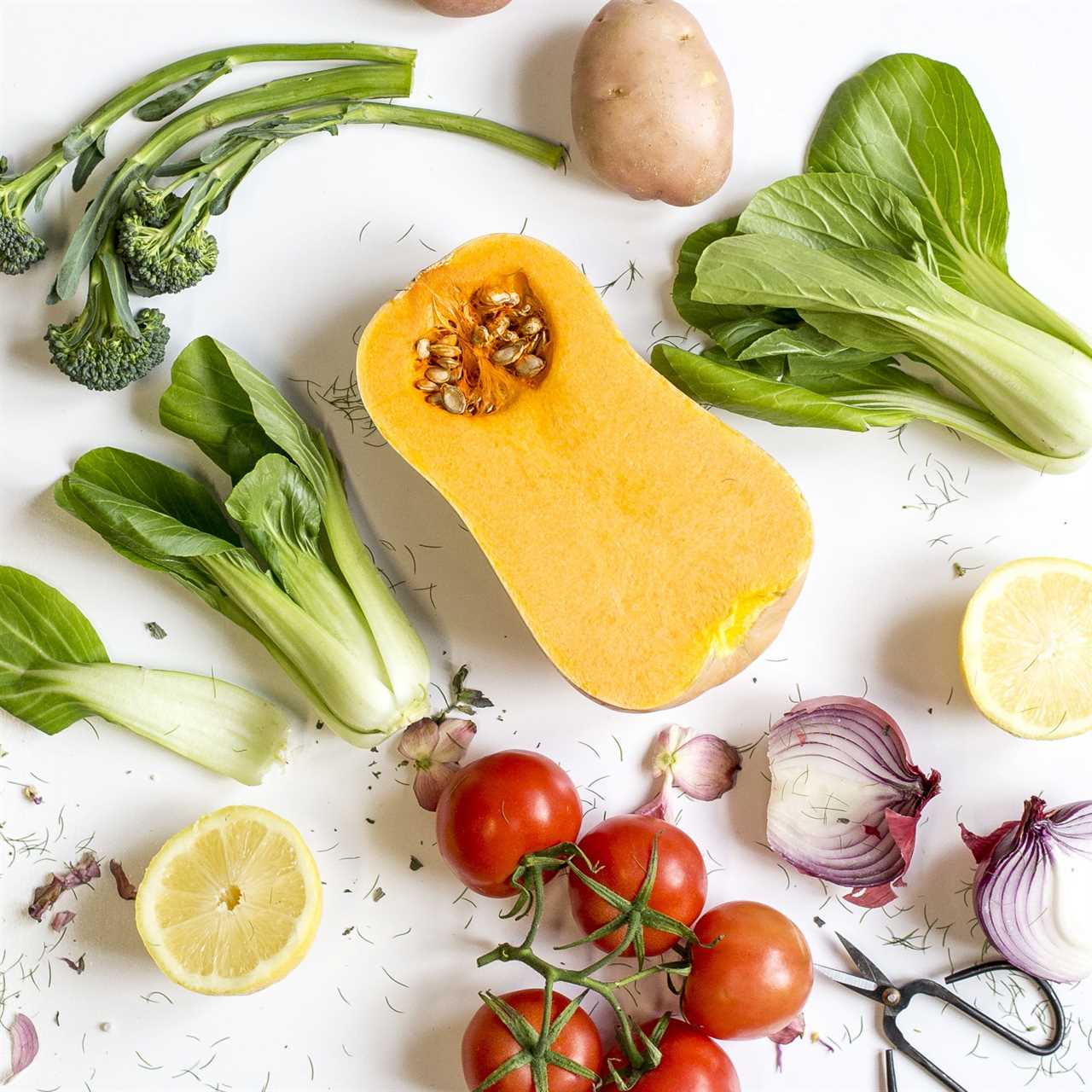 |
Benefits of Organic FarmingOrganic farming is one of the best ways to help protect the environment. It can also provide a number of benefits for your farm, including increased.. |
 |
Is `organic` food actually healthier for you?Dr. Marc talks about organic food. |
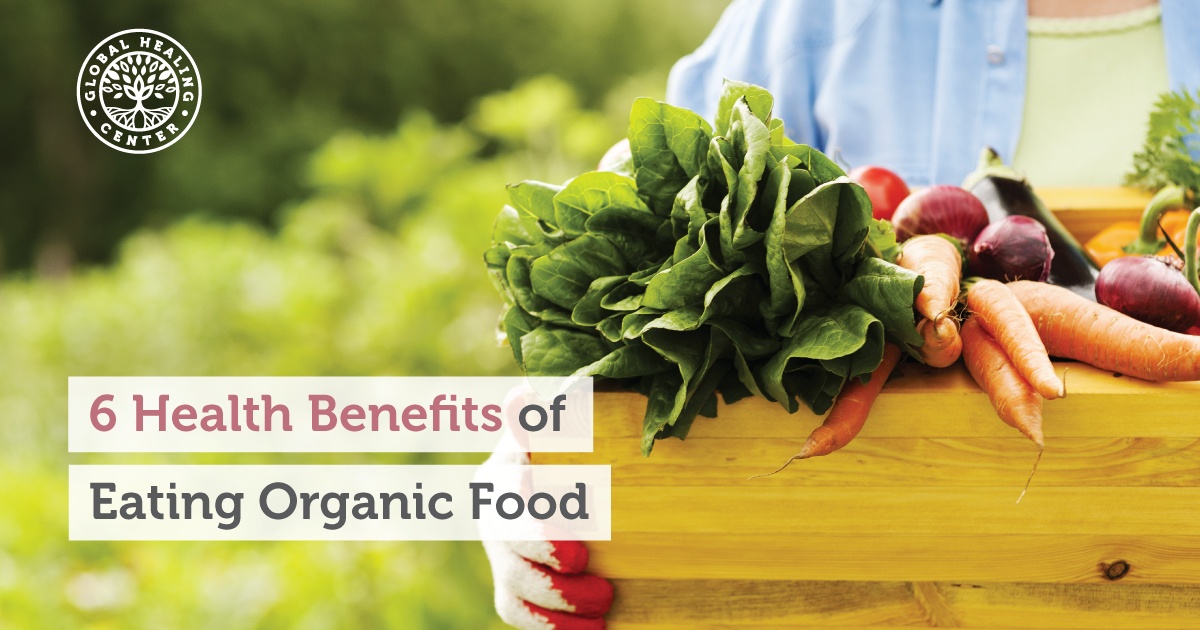 |
Organic Farming MagazineOrganic farming magazine is a resource that provides you with the latest information on organic agriculture, health, and sustainability. It also.. |
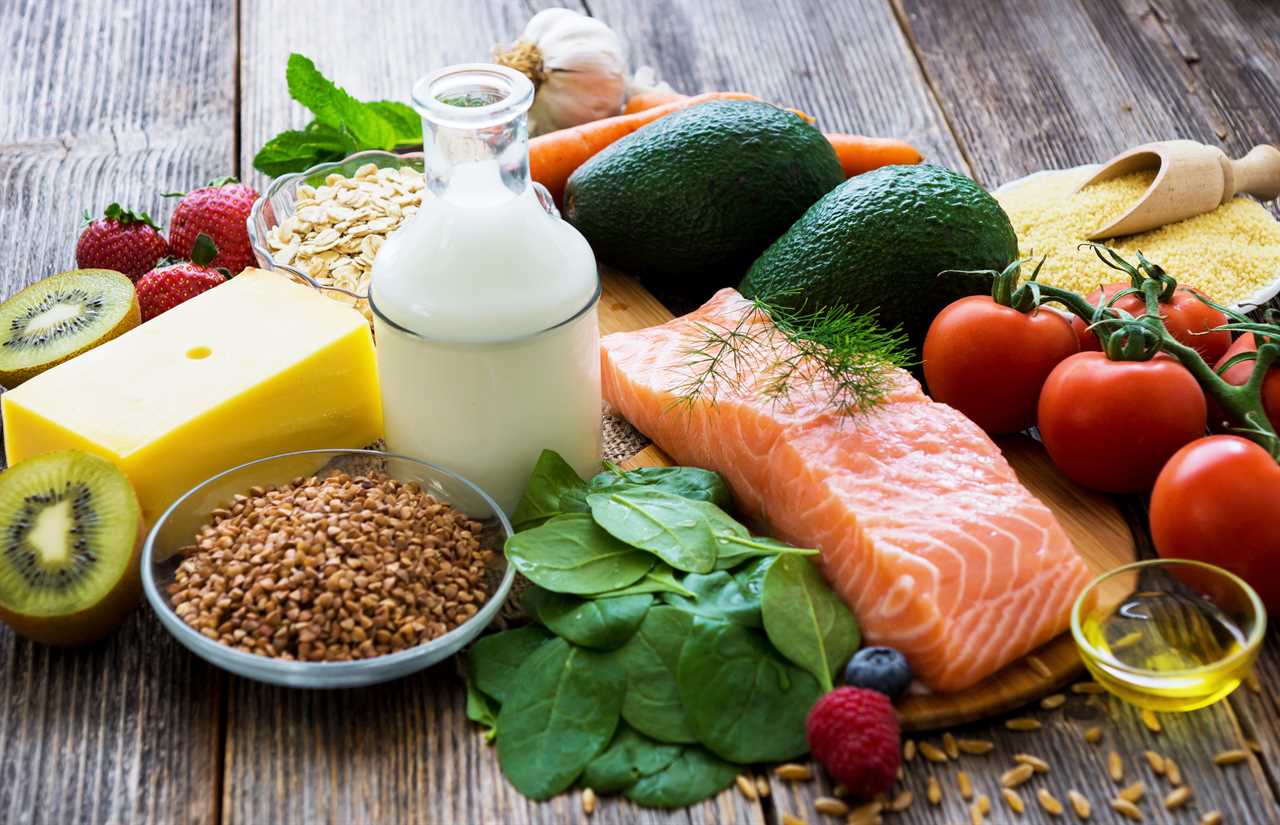 |
Is Organic Food Really Worth It?The organic food industry is a booming business. U.S. organic sales surged in 2020, jumping by 12.4% to $61.9 billion. With consumers being more health |
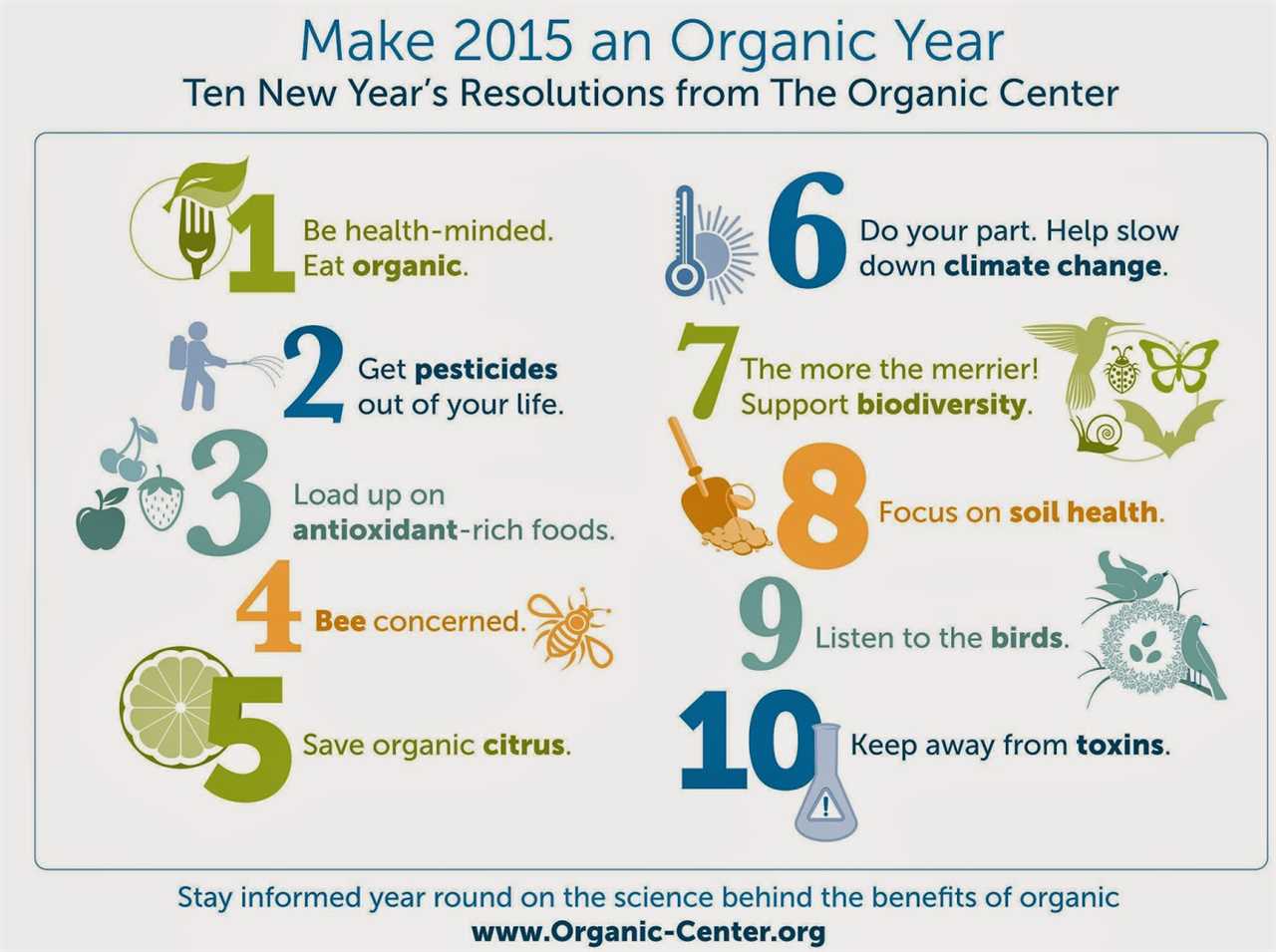 |
The Difference Between Organic Milk and Regular MilkOrganic milk is a type of milk that comes from livestock that is raised according to organic farming methods. This is a term that is regulated by.. |
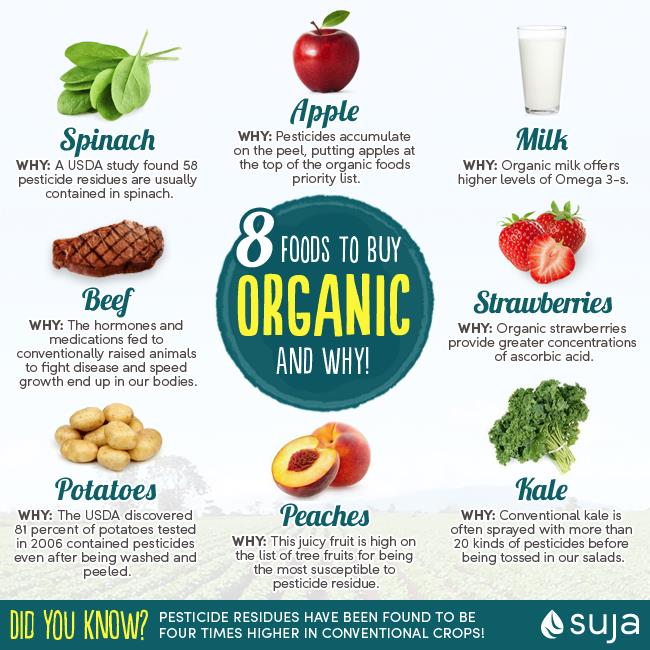 |
The Benefits of CompostingComposting your waste can be a very effective way of ensuring that your organic material is being broken down to the best of its ability. When.. |
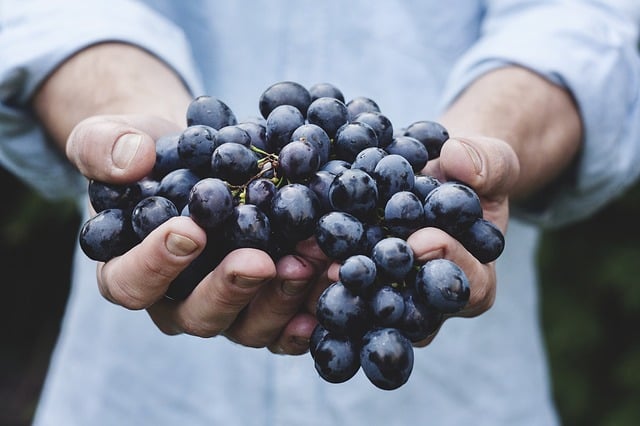 |
Is Organic Farming Beneficial to Biodiversity?Organic farming is a growing interest in the scientific community, and researchers have been investigating whether the practice is beneficial to.. |
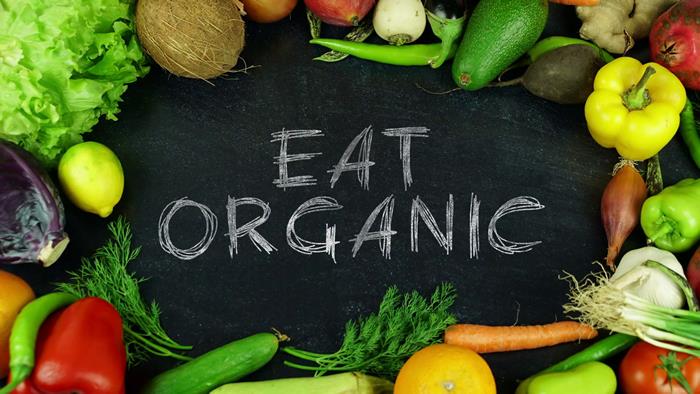 |
Organic eatingOrganic Cultur |
 |
What is Organic Cotton?Organic cotton is the type of cotton that is grown without using pesticides or chemicals. It is also the type of cotton that is grown in subtropical.. |
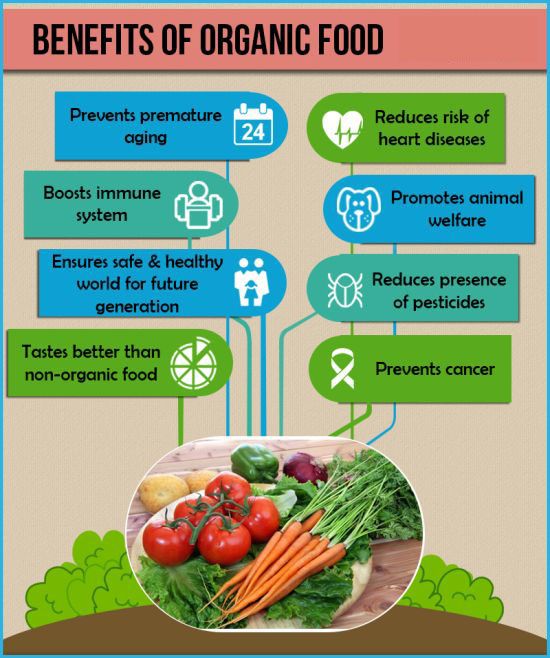 |
Benefits of Cover CropsIf you aren't familiar with cover crops, you may be surprised to learn that they are plants that are planted to grow on top of the soil to help.. |
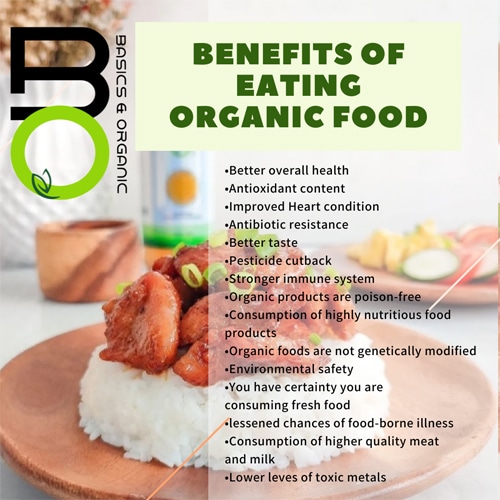 |
Learn How to Become an Organic Farmer Through a Training ProgramIf you are looking to become an organic farmer, there are several ways you can do so. One option is to take a training program that will teach you.. |
 |
Exotic VegetablesWhen it comes to vegetables, there are plenty of choices to choose from. Some of the most popular choices include broccoli, corn, carrots, and.. |
 |
The Benefits and Pitfalls of Organic Farming OrganizationsOrganic farming is an approach to farming that is not only ecologically sound, but also financially feasible. It is a method that is free from.. |
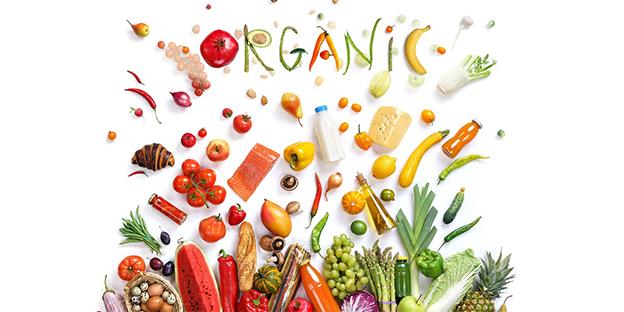 |
Soil Composition and BiodiversityThe soil that we have around us is a vital part of our lives. It is the home for many plants and animals. It also has a texture, a color, and many.. |
 |
Organic Farming PrinciplesOrganic farming is a practice that is designed to be sustainable and healthy. Its principles include avoiding harms produced by industrial farming.. |
 |
When Did Organic Food Start?The answer to the question when did organic food start? will vary depending on the time period in which you are looking at. For instance, it may be a |
 |
Can Organic Be GMO?The question Can organic be GMO is an ongoing debate among many consumers. While it's possible to eat foods that have been produced using genetic.. |
 |
Chhattisgarh's Organic Farming SchoolsThe government of Chhattisgarh has started to introduce organic farming schools. This initiative is intended to provide the young generation with the |
 |
What is a Conventional Farm?Conventional farm is the term used to describe a farm that is not organic. It is a form of agriculture that is associated with better soil quality,.. |
 |
The Rodale InstituteThe Rodale Institute is a nonprofit organization that aims to support research into organic farming. It was founded in 1947 by J. I. Rodale, an.. |
 |
The Latest Research on Organic | The Organic CenterResearched articles about eating Organic food |
 |
Korean GardeningKorean gardening is one of the oldest ways to grow plants. It involves planting herbs, fruits, and vegetables that are used in kimchi, a type of.. |
.png)





